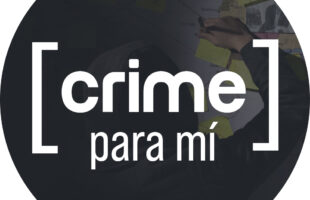Hong Kong – A new report released indicates that the global economic value of counterfeiting and piracy could reach US$2.3 trillion by 2022. Titled, The Economic Impacts of Counterfeiting and Piracy, the report provides estimates on the wider social and economic impacts on displaced economic activity, investment, public fiscal losses and criminal enforcement, and concludes that these costs could reach an estimated US $1.9 trillion by 2022. Taken together, the negative impacts of counterfeiting and piracy are projected to drain US $4.2 trillion from the global economy and put 5.4 million legitimate jobs at risk by 2022.
The report from Frontier Economics, an internationally recognised economics research firm, was commissioned by ICC’s Business Action to Stop Counterfeiting and Piracy (BASCAP) and the International Trademark Association (INTA). It was launched today in Hong Kong during INTA’s 2017 Anticounterfeiting Conference.
Frontier’s analysis builds on a 2016 report published by the Organization for Economic Cooperation and Development (OECD) and the European Union Intellectual Property Office (EUIPO), which estimated the value of the international trade in counterfeit and pirated products at US $461 billion in 2013, or as much as 2.5% of all international trade. This represents an increase of more than 80% over the findings in OECD’s ground breaking 2008 report. Frontier examined the additional impacts not quantified in the OECD/EUIPO report, including the value of domestically produced and consumed counterfeit products, the value of digital piracy, and the negative impacts on society, governments and consumers. Frontier also estimated significant employment effects with an estimated 2 to 2.6 million jobs lost globally in 2013, and projected losses of 4.2 to 5.4 million by 2022. Frontier also estimated the foregone growth and development opportunities that arise from counterfeiting and piracy. For the OECD region alone, there is between US $30 and US $54 billion in foregone growth opportunities in 2015.
“By filling in the gaps left by the OECD, Frontier has been able to paint a more comprehensive picture of the negative economic and social impacts of counterfeiting and piracy,” said INTA CEO Etienne Sanz de Acedo. “The rapid growth in counterfeit trade means it’s vital for governments to step up the enforcement of intellectual property (IP) rights, and for the public and private sectors to increase their engagement on this issue, as well as their support of government efforts.”
The report notes that counterfeiters and pirates operate outside the law, which makes estimating the extent of counterfeiting and piracy and the harm these activities cause extremely challenging. Illegal businesses do not report information on their activities to any government agency so measuring their size must be done using indirect methods.








